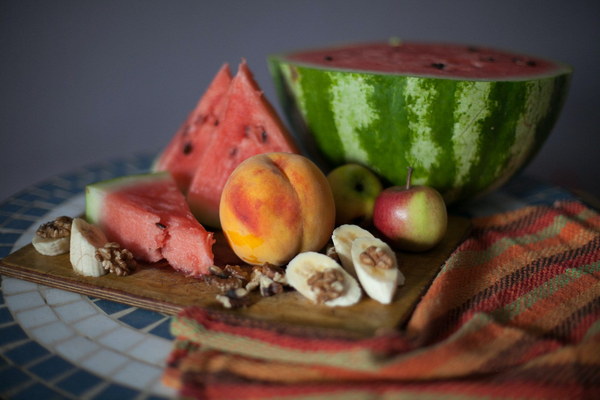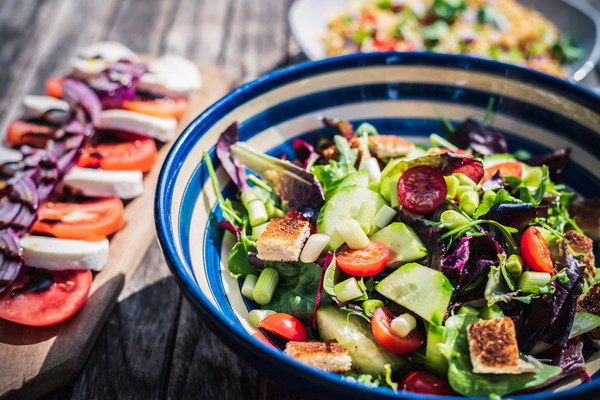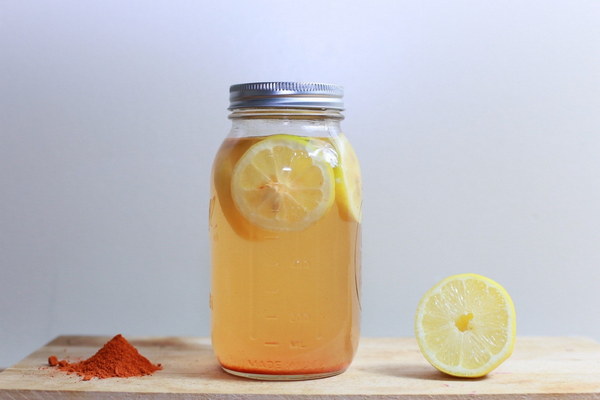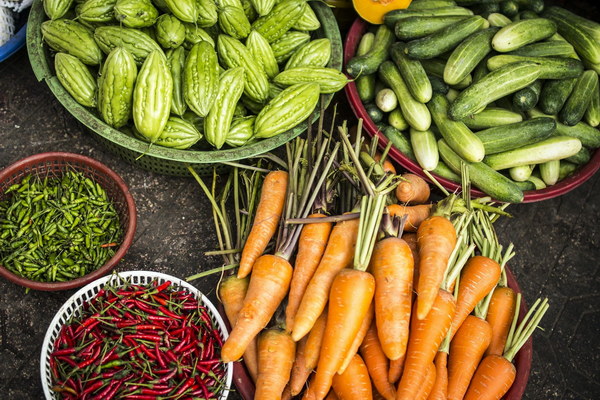Natural Remedies for Neck Pain Nutritional Strategies to Alleviate Cervical Spondylosis
Introduction:
Neck pain, also known as cervical spondylosis, is a common condition affecting millions of people worldwide. While conventional treatments like medication, physical therapy, and surgery are often recommended, many individuals seek natural remedies to alleviate their symptoms. Nutritional strategies can play a significant role in reducing neck pain by addressing the root causes and supporting overall health. In this article, we will explore various food-based remedies that can help alleviate cervical spondylosis and improve neck health.
1. Omega-3 Fatty Acids:
Omega-3 fatty acids are essential for maintaining healthy joints and reducing inflammation. Foods rich in omega-3s, such as fatty fish (salmon, mackerel, sardines), flaxseeds, chia seeds, and walnuts, can help alleviate neck pain associated with cervical spondylosis. These nutrients have been shown to reduce inflammation and improve joint function, thereby providing relief from neck pain.
2. Vitamin D:
Vitamin D plays a crucial role in maintaining bone health and reducing the risk of osteoporosis, a common complication of cervical spondylosis. Foods rich in vitamin D include fatty fish, egg yolks, and fortified dairy products. Additionally, exposing your skin to sunlight for 10-15 minutes a few times a week can help your body produce vitamin D naturally. Ensuring adequate vitamin D levels can help strengthen the bones and reduce neck pain.

3. Magnesium:
Magnesium is an essential mineral that plays a vital role in muscle function and relaxation. Low magnesium levels have been associated with muscle tension and neck pain. Foods rich in magnesium include almonds, cashews, black beans, spinach, and avocado. Incorporating these foods into your diet can help alleviate neck pain and improve overall muscle function.
4. Turmeric:
Turmeric is a spice known for its anti-inflammatory properties. The active compound in turmeric, curcumin, has been shown to reduce inflammation and alleviate pain associated with cervical spondylosis. You can add turmeric to your diet by incorporating it into curries, soups, and smoothies. Alternatively, consider taking a turmeric supplement to increase your intake of this powerful anti-inflammatory agent.
5. Vitamin B6:
Vitamin B6 is essential for the production of neurotransmitters that regulate muscle function and pain perception. Foods rich in vitamin B6 include chicken, fish, bananas, potatoes, and beans. Ensuring adequate vitamin B6 levels in your diet can help alleviate neck pain and improve overall muscle function.
6. Antioxidant-Rich Foods:
Antioxidants help protect your body against oxidative stress, which can exacerbate inflammation and pain. Foods rich in antioxidants, such as berries, dark chocolate, green tea, and nuts, can help reduce neck pain and improve overall health. Incorporating these foods into your diet can provide a natural defense against inflammation and pain.
Conclusion:
Neck pain can be a significant source of discomfort and can significantly impact your quality of life. By incorporating these nutritional strategies into your diet, you can help alleviate cervical spondylosis symptoms and improve neck health. Remember that these remedies should be used in conjunction with other treatment methods and under the guidance of a healthcare professional. Consult with a doctor or a registered dietitian to create a personalized dietary plan that suits your specific needs.









